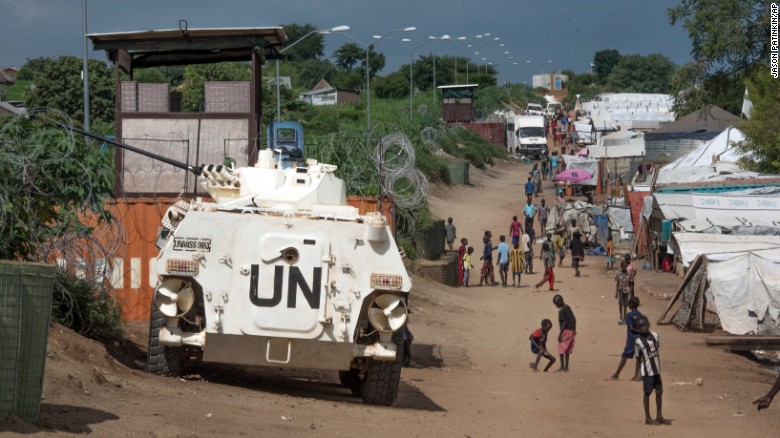UN Chief Orders Probe In Attack By South Sudan Soldiers

NEW DELHI: United Nations chief Ban Ki-moon is reportedly launching an independent investigation into the Juba Compound attack that took place in July, following allegations this week that UN peacekeepers did not respond as the attack unfurled. One person was killed in the attack, whilst several others were raped and beaten as 80-100 soldiers attacked a compound in South Sudan’s capital city.
The compound housed mostly foreigners, with the victims alleging that UN peacekeeping troops stationed nearby failed to come to their rescue as the attacking South Sudanese soldiers carried out repeated rapes, mock executions, looting, and killing.
The allegations that surfaced this week prompted UN chief Ban Ki-moon to issue a statement saying that he was alarmed by reports stating that the UN Mission in South Sudan (UNMISS) "did not respond appropriately to prevent this and other grave cases of sexual violence" in Juba.
"Due to the gravity of these incidents, related allegations and the preliminary findings by UNMISS, the Secretary-General has decided to launch an independent special investigation to determine the circumstances surrounding these incidents and to evaluate the Mission's overall response," the statement read.
Victims of the attack have told the media that they were forced to rely on private security firms or South Sudanese forces for rescue, despite being located within a few kilometres from the UN base in the city.
"This horrific incident further underscores the need for an enhanced, assertive, and more robust international peacekeeping presence in Juba in order to better prevent crimes against civilians and the further deterioration of security in the capital," United States Ambassador to the UN, Samantha Power, said in a statement. "The parties to the conflict must immediately cease attacks against innocent civilians and recommit to settle the conflict and leave the South Sudanese to live in peace at last."
The conflict in South Sudan, which won independence from Sudan in 2011, has left thousands dead and over a million displaced. The conflict began with a skirmish in the capital city of Juba between forces loyal to the President, Salva Kiir, and those loyal to the former Vice President, Riek Machar, spread from a city-wide to national conflict.
The context of tribalism and frustration with government corruption fuelled the conflict, particularly in areas where the majority Dinka tribe was living alongside other tribes. The pro government and rebel forces are organised according to these ethnic dimensions, with President Salva Kiir’s Dinka tribe pitted against militia forces loyal to Machar’s Nuer people.
Kiir still maintains control of the capital and large swathes of the army, and is backed by troops from Uganda. Rebels say Kiir is a dictator, whilst pro-government factions have accused Machar of inciting a coup that led to the violence. As the two sides gain and lose territory sporadically, rights violations and civilian abuses continue despite a ceasefire signed last year.



